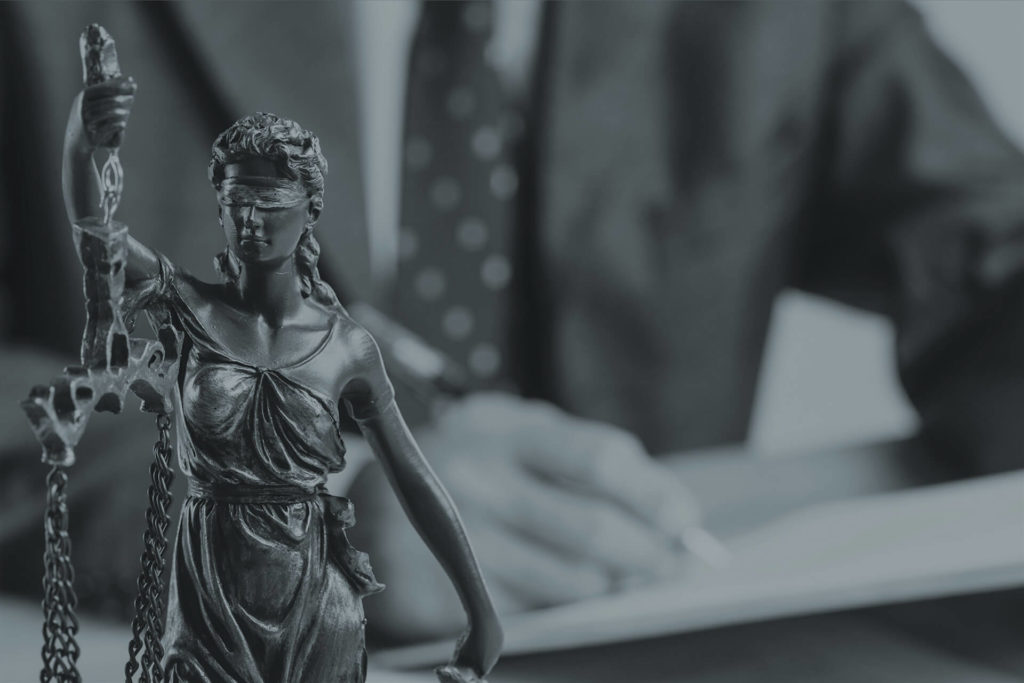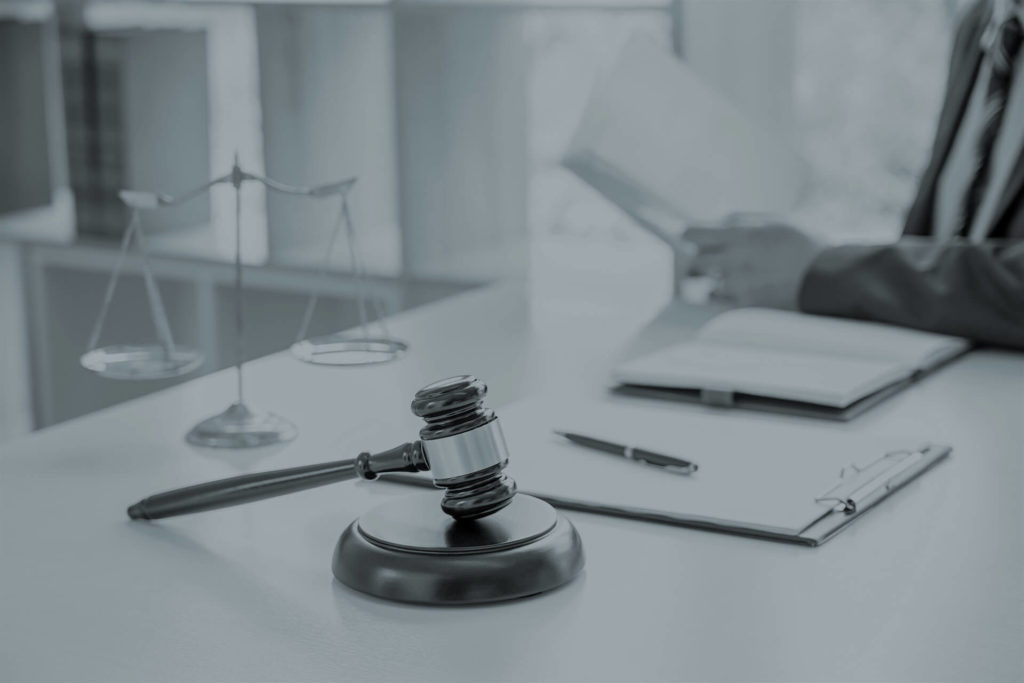Send your enquiry.
Contact us for a free, initial no obligation consultation.
"*" indicates required fields
Your information is safe and treated in accordance with our Privacy Policy
If you are subject to an HMRC criminal investigation, contact our fraud and financial crime solicitors for advice. We can request further information from HMRC, uncovering the accuracy of any allegations against you. We can then defend your position, working to establish that you are innocent of the charges laid against you.
Tax evasion solicitors London
Have you been accused of tax evasion? Speak to our fraud and financial crime solicitors for free legal advice. We have offices in London, Leeds, Sheffield, Huddersfield and Dewsbury. If you live in England or Wales, we can help. Contact us now – we are available to take your call 24 hours a day, 7 days a week.
What is tax evasion?
Tax evasion is when an individual, organisation or business deliberately misrepresents their income, with the intention of escaping tax liabilities. It is different to tax avoidance, which is when someone takes steps to minimise their tax bill. Tax avoidance is usually legal, whereas tax evasion is not. This is because it involves an element of deception, lies or falsehoods.
Examples of tax evasion
Examples of tax evasion include:
- Not declaring all your income – such as not telling HMRC what you actually earned, or failing to disclose certain revenue streams
- Dealing in cash – so as to keep your business off the books
- Using offshore bank accounts – to hide money, assets or income from HMRC
What to do if you are accused of tax evasion
If you or your business is accused of tax evasion, then we appreciate that this is a worrying time for you. However, try not to panic. Also, do not bury your head in the sand or ignore any letters/phone calls. You might be 100% confident that you are not guilty of tax evasion. But if you do not establish your innocence, then HMRC will continue to suspect you.
That is why you must be proactive and take action to resolve the problem. This means instructing a tax evasion solicitor to help you – such as the solicitors here at Ashmans. We are highly experienced in this area and have assisted countless other people just like you. It is much better to have legal counsel on your side, as they know the legalities inside out. This will give you an advantage, ensuring you do not have to navigate HMRC’s accusations alone.
HMRC letter – is it a hoax?
Hoax phone calls and letters from people pretending to be HMRC do happen, with scammers trying to elicit bank details from unwitting victims. We understand that you do not want to fall into this trap. Because of this, you might ignore the phone calls or throw the letters away, believing that you are doing the right thing.
Nevertheless, you must be absolutely certain that the communication is not coming from HMRC. There have been cases where the letters from HMRC have been legitimate, and yet the recipient believed it to be a scam, meaning they failed to act. The result was an increased penalty from HMRC for late payment.
This is another reason to instruct a tax evasion solicitor. A solicitor can confirm the authenticity of any communications, clarifying whether or not HMRC is in fact trying to get hold of you. Remember, HMRC does get things wrong. The organisation also carries out random inspections. So, just because you are not involved in tax evasion, does not mean to say that the letter is a hoax. A solicitor can advise you further, ensuring you take the correct course of action without compromising your financial situation.
Why have I been accused of tax evasion?
If you have been accused of tax evasion, then the first question we will work to answer is: why? There are a number of possible scenarios.
Firstly, HMRC may be conducting a random investigation. This will be a nuisance and may cause you some anxiety. You will need to produce your paperwork and historical records. HMRC will look for any irregularities, but if none exist, then you have nothing to worry about.
Secondly, HMRC may have wrongly accused you. This does happen. Just because you have been linked to tax evasion, does not necessarily mean that HMRC has got it right. Obviously, this will be unnerving. HMRC is a large government body with a significant amount of power. If you fail to produce the correct evidence, HMRC may pursue the allegations and bring criminal proceedings against you. To avoid this, our tax evasion solicitors will gather the necessary information to establish your innocence, proving that the accusations are entirely unfounded.
Finally, it could be that HMRC has in fact discovered irregularities or evidence of financial fraud. This might have happened for various reasons, and it does not automatically make you guilty of tax evasion. You might be involved in a legitimate tax avoidance scheme, made genuine mistakes or been poor at record keeping. Whatever the reason, we will work to establish that you have not deliberately misrepresented your income with the aim of evading tax liabilities.
What happens when I’m accused of tax evasion?
If you are suspected of tax evasion, then HMRC will take a closer look into your conduct. If these initial enquiries raise suspicion, then a tax inspection will be launched. At this point, you may be asked to provide further information, such as your accounts for the past seven years. This request might also arise if HMRC is conducting a random investigation.
HMRC will consider the results of the tax inspection to determine their next move. If there is evidence of tax evasion, then one of two things will happen.
Either, you will be sent a COP9 investigation letter. This asks you to accept the allegations and co-operate with HMRC’s investigation. If you agree, you will formally enter into HMRC’s Contractual Disclosure Facility process. You will almost certainly receive some kind of financial penalty, but the matter will remain entirely civil, as opposed to criminal. This means that you will not have to go to court.
Alternatively, HMRC will decide to open a criminal investigation. HMRC usually decides to take this course of action if the fraud is serious or it wishes to send a deterrent message. HMRC may also switch from a civil investigation to a criminal investigation if it suspects you of lying during the Contractual Disclosure Facility process.
How will I know that I’m subject to a criminal investigation?
HMRC will not necessarily tell you that they have started a criminal investigation into your conduct. The first you hear of it may be when you are arrested, or when you are invited to attend an interview under caution. If you have not already done so, we strongly recommend that you contact our fraud and financial crime solicitors before speaking to HMRC/the police.
HMRC will continue with their criminal investigation. If investigators feel that there is sufficient evidence to convict you, you will be arrested and formally charged with tax evasion. The prosecution may also ask the court to issue a Restraint Order. This freezes your assets until the case has concluded. If you plead not guilty, there will be a trial.
Can the police search my home?
When a criminal investigation is launched into a possible case of tax evasion, the police can request a search warrant from the courts. This would enable the police to search your home and your place of work. Items can be seized as evidence, including your electronic devices.
Should I get a tax evasion solicitor?
If HMRC begins a criminal investigation into your activity, then it is absolutely vital that you have fraud and financial crime solicitor on your side. As mentioned above, this levels the playing field, ensuring you are privy to expert legal advice.
Furthermore, a fraud and financial crime solicitor can request further information from HMRC before the interview under caution takes place (or before the police interview takes place, as the case may be). This is not something you can do yourself; only solicitors have the privilege of accessing evidence in advance of an interview. This means you can find out what evidence HMRC has against you, before speaking to investigators. This prevents you from being on the back foot.
Fraud and financial crime solicitor can then advise upon the best strategy in your particular case. There are different ways to approach a criminal investigation. The right one depends on you and your individual circumstances.
How can we help?
We specialise in fraud and financial crime, including tax evasion offences. If you or your company has been hit by criminal allegations, we can help. We will request further details from HMRC and accompany you to any formal interviews, ensuring you do not accidentally incriminate yourself. We will work to discredit the allegations from the off, establishing that the accusations are unfounded.
If the case does go to court, we will represent you throughout. Our team will instruct various other specialists, including a forensic accountant and a barrister. Together, we will put forward a robust defence, drawing upon years’ worth of evidence to prove your innocence.
Tax evasion solicitors London
Call us on 0333 009 6275. We are available to take your call 24 hours a day, 7 days a week.
You can also email us at enquiries@ashmanssolicitors.com or complete our Free Online Enquiry Form and we’ll be in touch soon.




